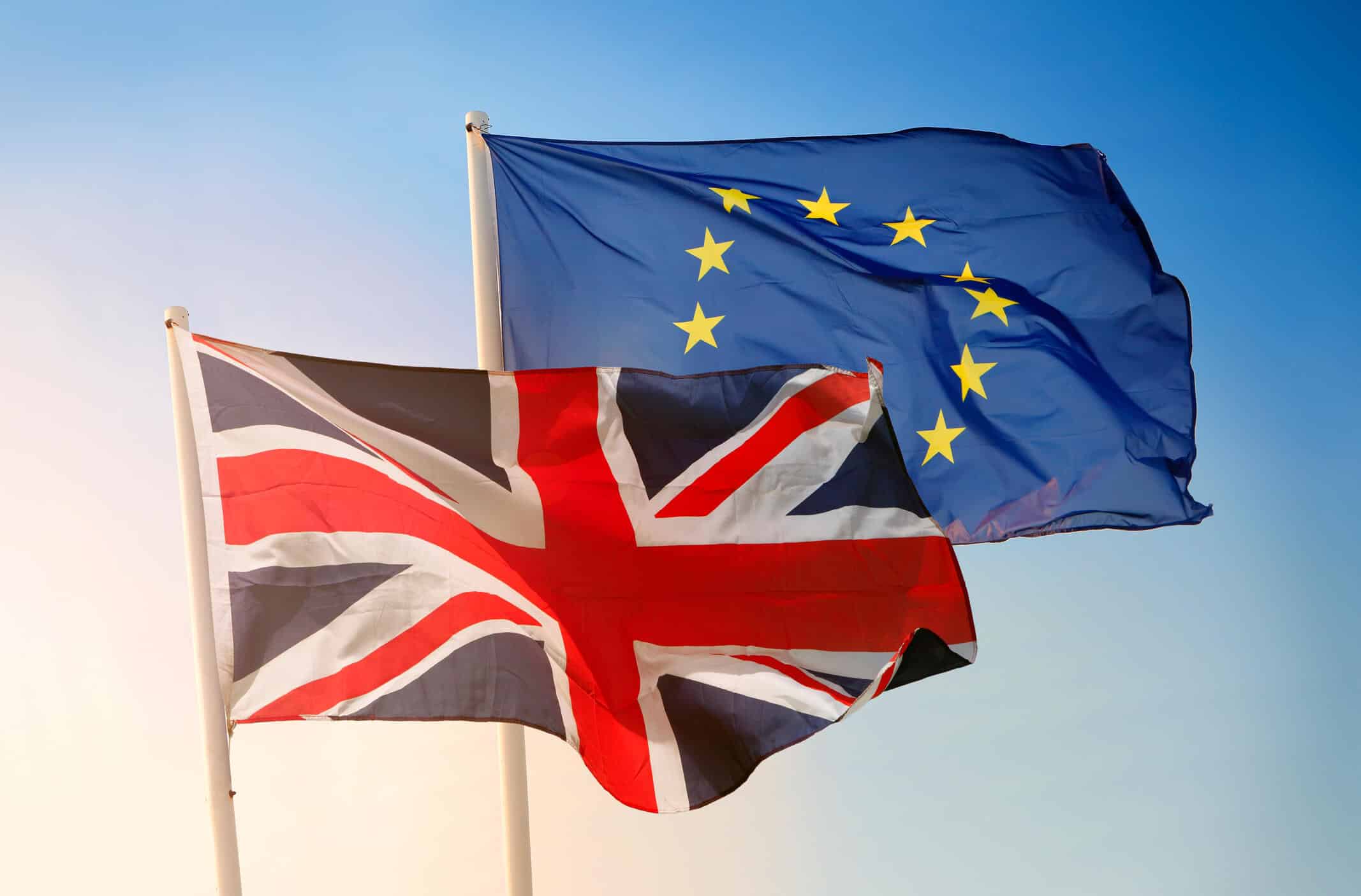The chief of a body that represents the chemical industry in the United Kingdom has stated that a no deal Brexit could jeopardise billions of pounds of chemical imports. Stephen Elliott, who heads the Chemical Industries Association, has warned that if there is no deal can be agreed with the European Union, then the UK needs to change its regulations and mirror the EU regulations, so as to avoid widespread damage.
He said that there are gaps in the UK regulations and those must be corrected in time to avoid a situation in which the whole country comes to a standstill. The UK imports billions of pounds worth and most of that is used by a range of industries. However, if regulations do not change in the event of a ‘no deal Brexit,’ then manufacturing could come to a standstill, and he went on to paint a very gloomy picture of the situation that might arise. Elliott said, “Put simply, the drugs don’t work, the cars don’t run, and the planes don’t fly without chemicals and chemistry.” According to publicly available information, the country imports chemicals worth around £60 billion every year, an
d out of that, £33 billion is imported from the EU. So, it stands to reason that more than 50% of the chemical imports to the UK is going to be in the lurch if a deal is not agreed.
However, the Department for Environment, Food and Rural Affairs of the UK government stated that they are working with a range of industries to ensure that there is minimal disruption in case of a no deal Brexit. The department stated, “As you would expect, the Government is working closely with industry stakeholders to ensure they are prepared in the event of a no-deal Brexit. Our approach will maintain regulatory standards, provide continuity for business and reduce the risk of interruption in supply chains.” Plenty of chemical companies have had to spend through their nose in order to prepare for the worst case scenario and the paperwork involved has also been tiresome for many companies. However, experts believe that is it is not going to be a cakewalk for the government when it comes to pushing through with new regulations. On top of that, many believe that politicians might not have a complete grasp of the regulatory gaps that exist in the case of chemical imports.


